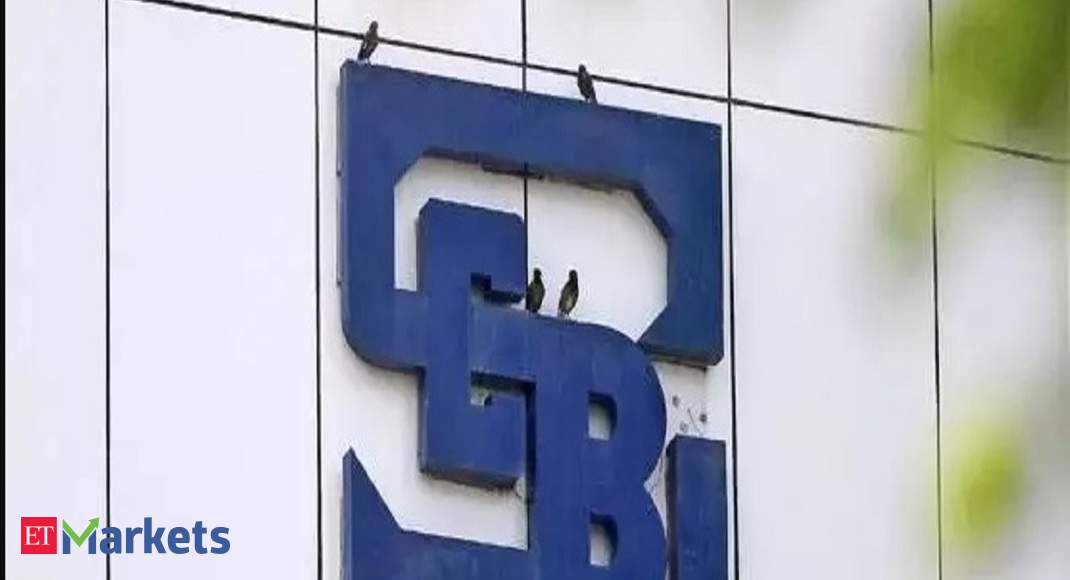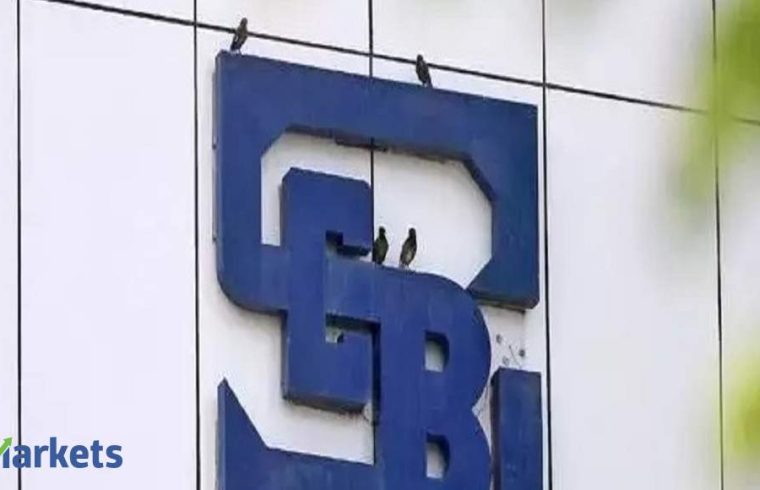
New Delhi: With an aim to allow ease of doing business in the securities market, Sebi on Friday decided to make use of technological innovations like electronic signature to facilitate online KYC.
The decision has been taken after taking into consideration feedback from various market participants, the regulator said in a circular.
In order to enable the online KYC process, Sebi said an investor’s KYC process can be completed through online or app-based KYC, in-person verification through video and online submission of documents through e-signature (eSign).
It said that name, photograph, address, mobile number, e-mail ID and bank details of the investor will be captured online and official documents need to be provided as a photo or scan of the original under eSign and the same need to be verified via mobile and e-mail by sending One Time Password (OTP) or any other mechanism.
Once all the information as required as per the online KYC form is filled up by the investor, the process can be completed and then the investor will need to take a printout of the completed form and after affixing their signature, send the scanned copy of the same to the registered intermediary under eSign.
Further, the registered intermediary would forward the KYC completion intimation letter to the address of the investor in cases where the investor has given address other than as given in the official document.
In such cases of return of the intimation letter for wrong or incorrect address, Sebi said no transactions will be allowed in such accounts and intimation will also sent to the stock exchange and depository.
According to Sebi, video in-person verification would not be required when the KYC of the investor is completed using Aadhaar authentication.
It further said video in-person verification would not be required by the registered intermediary when the KYC form has been submitted online, documents have been provided through DigiLocker or any other source which can be verified online.
The KYC process requires every registered intermediary to collect and verify the proof of identity and address from the investor.
Know Your Customer (KYC) and Customer Due Diligence (CDD) policies are the foundation of an effective anti-money laundering process.









